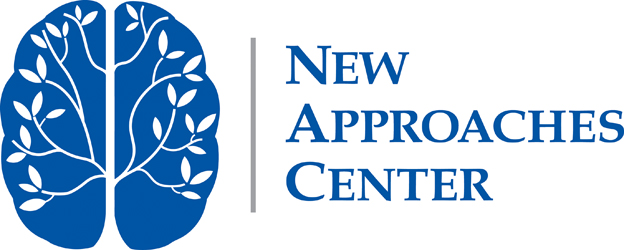Speech Therapy
What Speech therapy can help you with:
Speech-language pathologists work to treat cognition, communication, speech, language, social communication and swallowing disorders in children and adults.
- Cognitive disorder: organizing your thoughts, paying attention, memory, planning, problem-solving/reasoning and executive functioning.
- Speech disorders: producing speech sounds correctly, producing speech fluently and voice quality and intensity.
- Language disorders: receptive impairments such as trouble understanding others or understanding written information and expressive impairments such as difficulty expressing yourself verbally or in written form.
- Social communication disorders: trouble with the social use of verbal and nonverbal communication. This may include communicating for social purposes (greeting, commenting, asking questions), talking in different ways to suit the listener/setting and following rules for conversation or story-telling.
- Swallowing disorders (dysphagia): feeding and swallowing difficulties. You may be having problems including: coughing or gurgly/wet sounds during or right after eating or drinking, extra effort or time needed to chew or swallow, food or liquid leaking from your mouth, food getting stuck in your mouth, having a hard time breathing after meals. As a result, you may have: dehydration or poor nutrition, food or liquid going into the airway, called aspiration, pneumonia or other lung infections.
These problems usually occur after a traumatic brain injury, stroke, dementia, illness, surgery or injury and can occur with children in the school setting. They can drastically interfere with your activities of daily living, academic and work performance.
A speech language pathologist can diagnose, assess and treat in the above areas. Treatment may include retraining the brain to increase skills, providing compensatory strategies to assist with your loss, provide learning strategies to help with learning in the school setting, providing training and education to family/caregivers in order to maximize these skills. We also work collaboratively with professional from many disciplines including teachers, physicians, physical therapist, occupational therapists, audiologists, psychologists, social workers and dieticians.
Resources and Coping Strategies

Neuro-strategies for School Aged Children
New Approaches School Based Program – Neuro-strategies for School Aged Children When my son was 5 years old, he was put on his first

Sensitivity To Light
Sensitivity To Light Problem – Sensitivity to light is a common problem in concussion. People go from their home or office and go into

MEMORY STRATEGY – How to keep from losing car keys.
MEMORY STRATEGY Problem – Many people report a frequent problem of losing car keys. They put the keys down in the house but can’t
